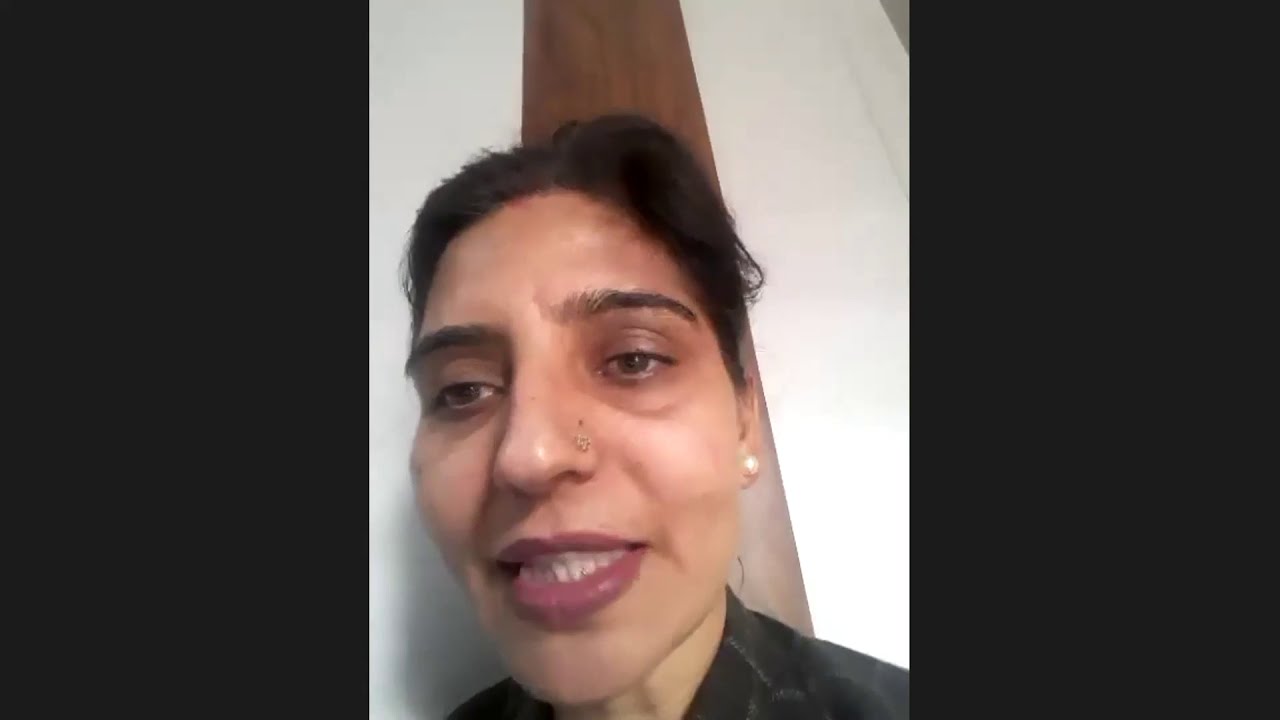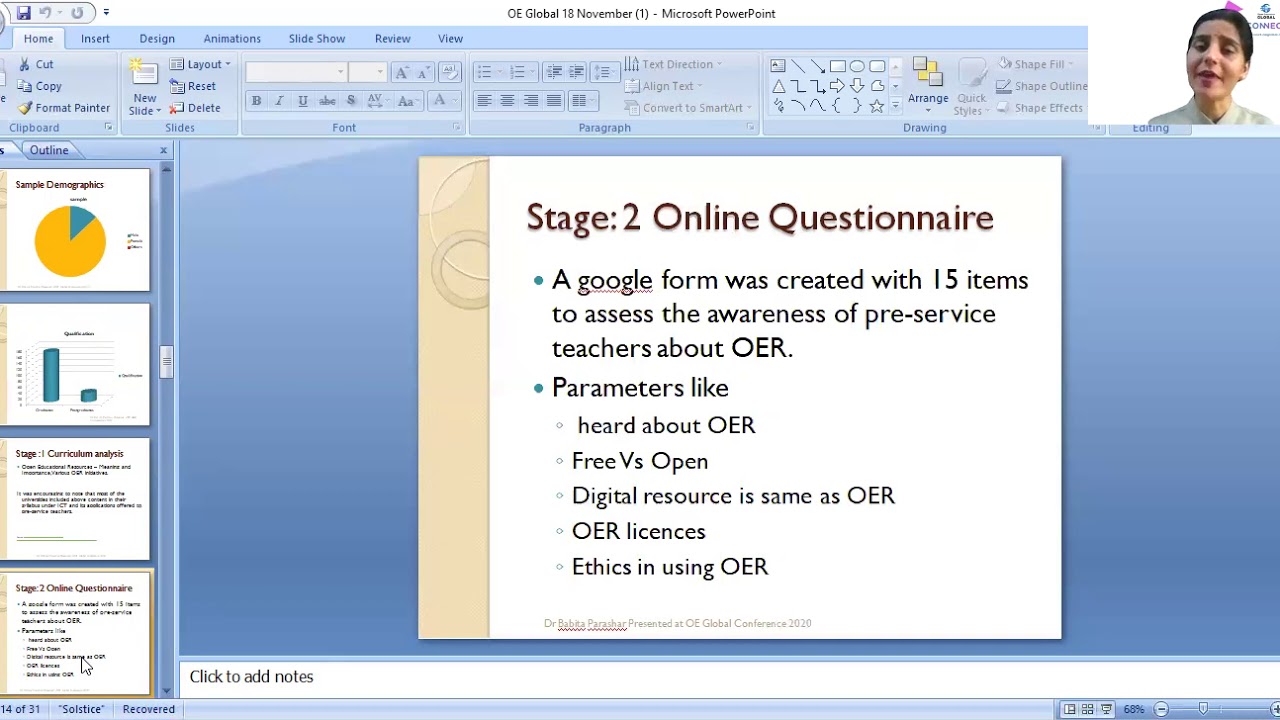Author: Dr Babita Parashar
Institution: Manav Rachna University
Country: India
Topic: Connecting Open Education to Primary and Secondary (K-12) Education
Sector: K-12
UNESCO Area of Focus: Building capacity
Session Format: Presentation
Abstract
Education fraternity across the globe has witnessed several movements still access to quality education has always been a concern. One such movement has been OER movement, its first wave being open source or free software movement in 1990’s to introduction of CC licencing in 2001. Over last two decades due to extensive initiatives by UNESCO, OER has become a familiar buzz word in higher education sector but the studies and literature in school education is limited. School Education is a larger community, once educators at K12 stage are aware of the potential which OER possess, it will be a breakthrough in access of quality education. The present study was conducted with an intended learning outcome of creating awareness regarding potential of OER, their access and use among the preservice teachers and to create primer OER for their curricular area (viz Maths, History, Science). The population for the present study has been the pre-service students enrolled for teacher education program in India, a sample of 200 students was chosen through convenience sampling from the state of Haryana. A tool to assess the awareness of student-teachers about OER (free vs open, CC licencing, legal freedom to download etc) was administered. Based on the quantitative analysis of scores of awareness questionnaire which were not very encouraging, students were motivated to enrol in MOOC titled “Understanding Open Educational Resources” offered by COL. Out of the sample of 200 student, only 160 completed the MOOC. These students were mentored by the researcher on various formats of OER (texts, videos, pictures and open source softwares). They were introduced to various international collaborations like OERu, Creative commons, UNESCO, OE4BW etc. The learnings from MOOC were also reiterated every week with the sample, specially regarding the various licences so that they got well accustomed to them. Based on the hands on sessions, students were asked to look for quality OER in their subject areas. Rubrics were generated to assess the quality of OER. The students were divided into interdisciplinary groups (STEM) to create OER. The collaborative group work to create OER, licensing, sharing in public domain has been the semester end project of the students to be evaluated. The study also has further scope of restructuring the preservice teacher education curriculum and including OER as core component.Keywords
OER, School Educators, OER potential, OER awareness, Pre service Teacher Education


